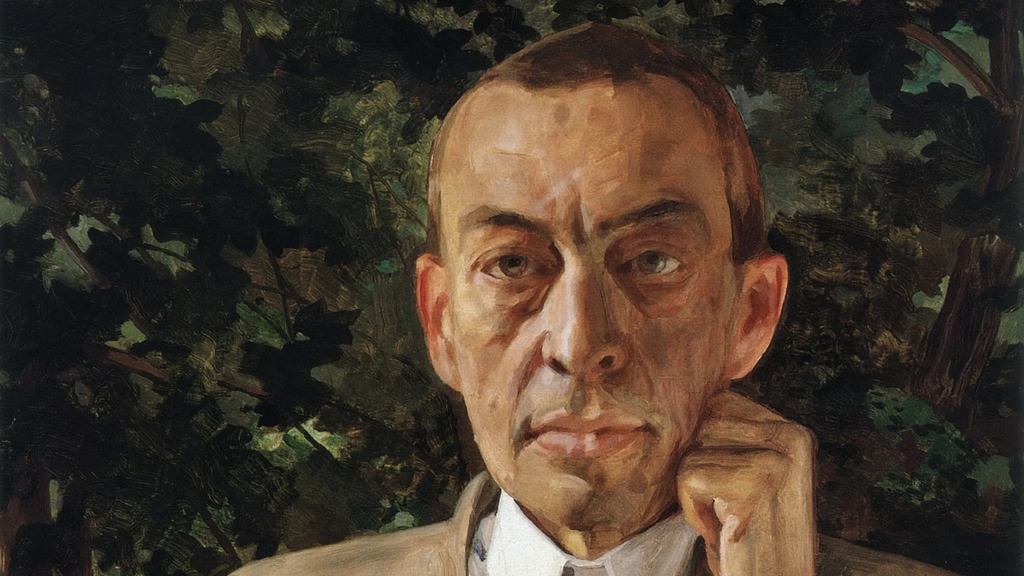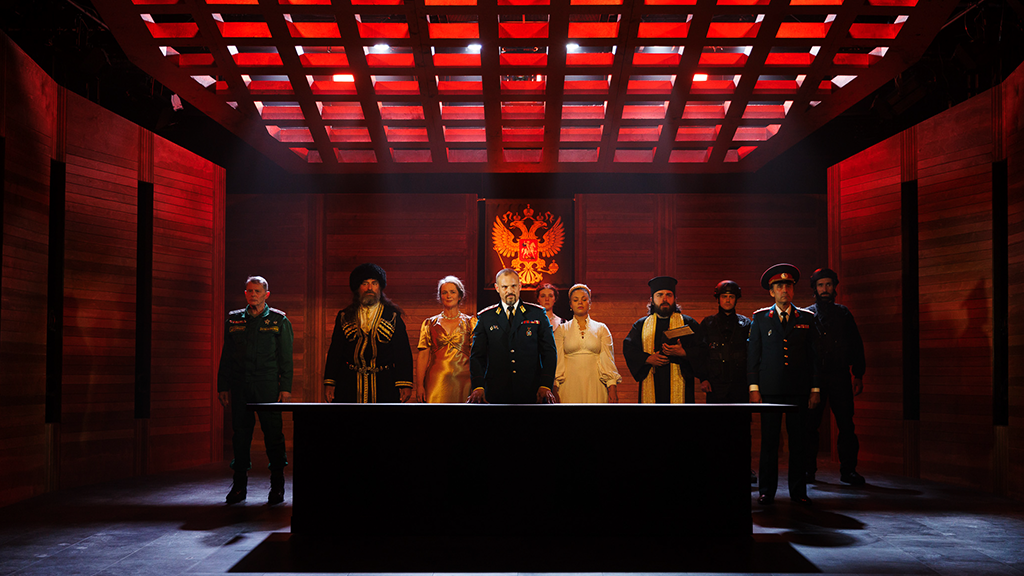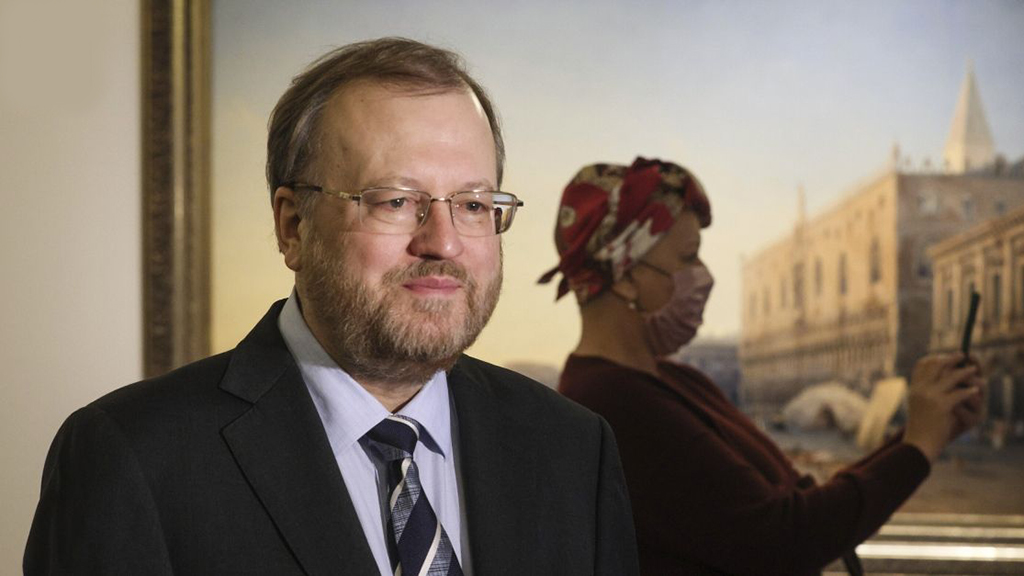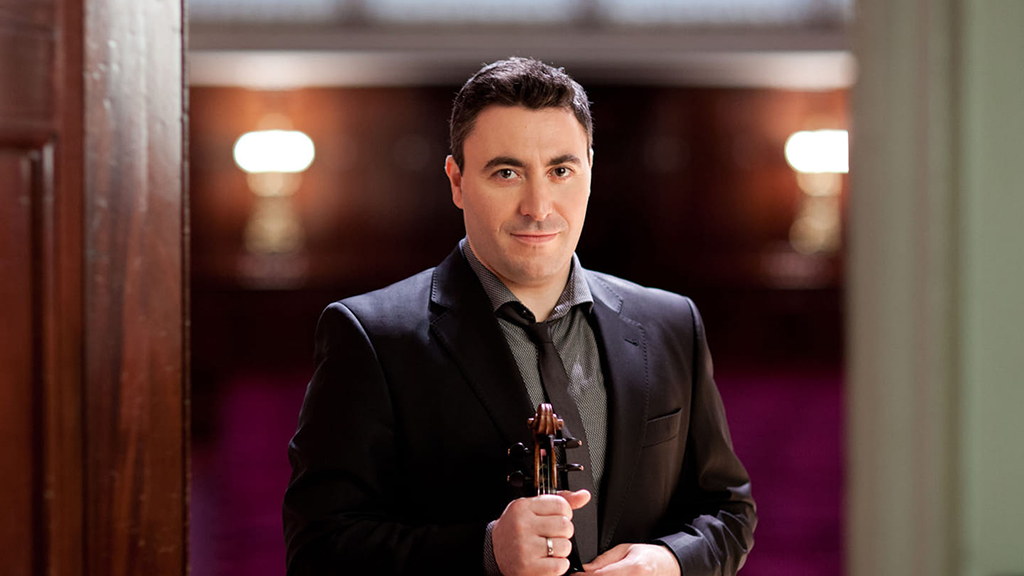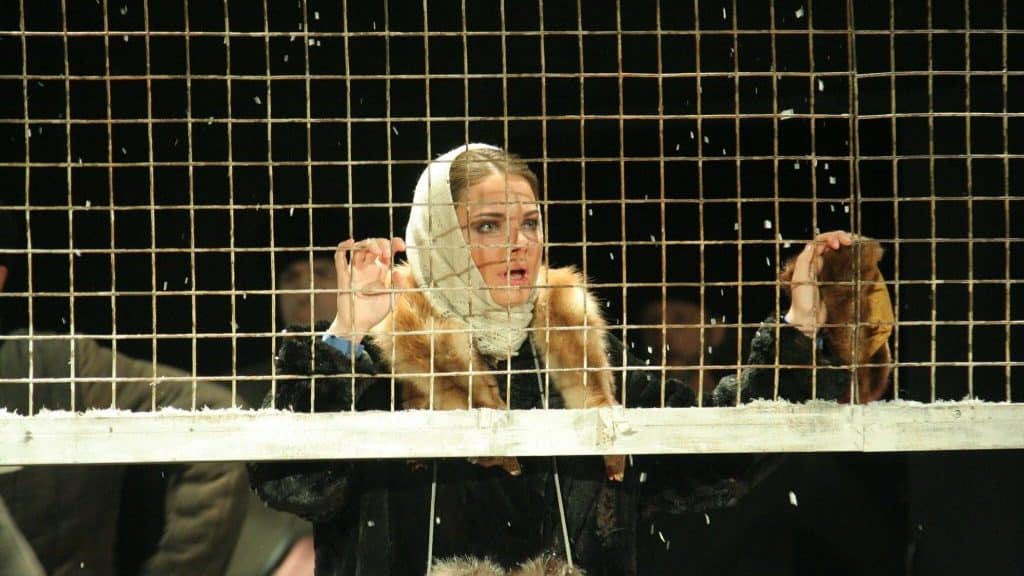
Review: Vasily Grossman’s novel “Life and Fate”
by Maly Drama Theatre from Saint-Petersburg on stage of Theatre Royal Haymarket
Review
5 star rate
On the 8th of May, the day when Britain should seriously celebrate the Victory in World War II, but it hardly ever does, Lev Dodin presented his performance “Life and Fate”, based on Vasily Grossman’s novel, on stage of Theatre Royal Haymarket in London. In these circumstances Dodin’s performance sounded like a sharp warning of how dangerous it is to forget the lessons of history.
The director creates a deep and multidimensional performance about the transformation that occurs in a person and his soul under the pressure from totalitarianism, which was equally cruel to the people in fascist Germany and Soviet Russia under Stalin. The story of a scientist Victor Shtrum (Sergey Kuryshev) becomes a metaphor of helplessness of even the most freedom-loving and honest person against the cunning and merciless totalitarian state system.
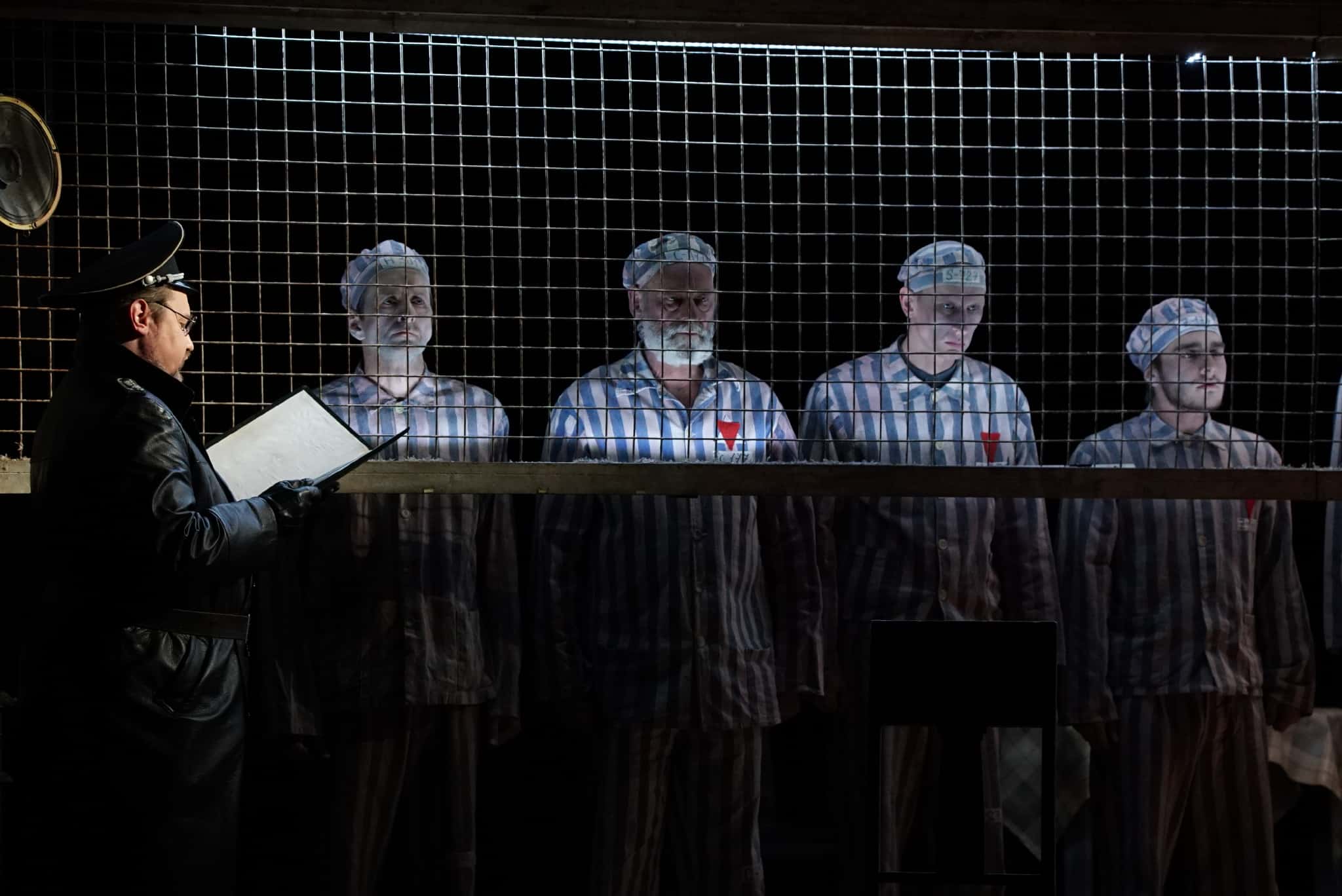
Lev Dodin demonstrates this helplessness on stage literally: we can simultaneously see the scenes from life in Moscow where people live, love, make love and the scenes from the concentration camps both in Soviet Union and fascist Germany. Embracing naked man and woman on a bed are surrounded by the prisoners in grey padded jackets and heavy boots.
Dodin’s productions are distinguished by the fact that every actor doesn’t only create a character but shows us his destiny. Actors build their roles through the most subtle means of acting and their gestures often contradict their words which creates new and unexpected meanings. That is why the great British director Peter Brook called the theatre of his great Russian colleague Lev Dodin “the best actors ensemble in Europe”.
Sergey Kuryshev creates a vivid and attractive image of scientist Victor Shtrum. We see him not only in his suit or coat, but also at home in his pajamas, which strangely correlates with the prisoners’ clothes because of the similar stripes. We can see him being gentle with his wife Luda (Elena Solomonova) and daughter Nadya (Daria Rumyantseva), see his empathy towards Zhenya (Elizaveta Boyarskaya) and realise how much these women are in need of his protection and help. This creates a deep internal conflict in Shtrum when he goes against his conscience. The actor performs tragedy of his character with such a pain and despair that he receives true sympathy from the audience despite of acting seemingly sordidly.
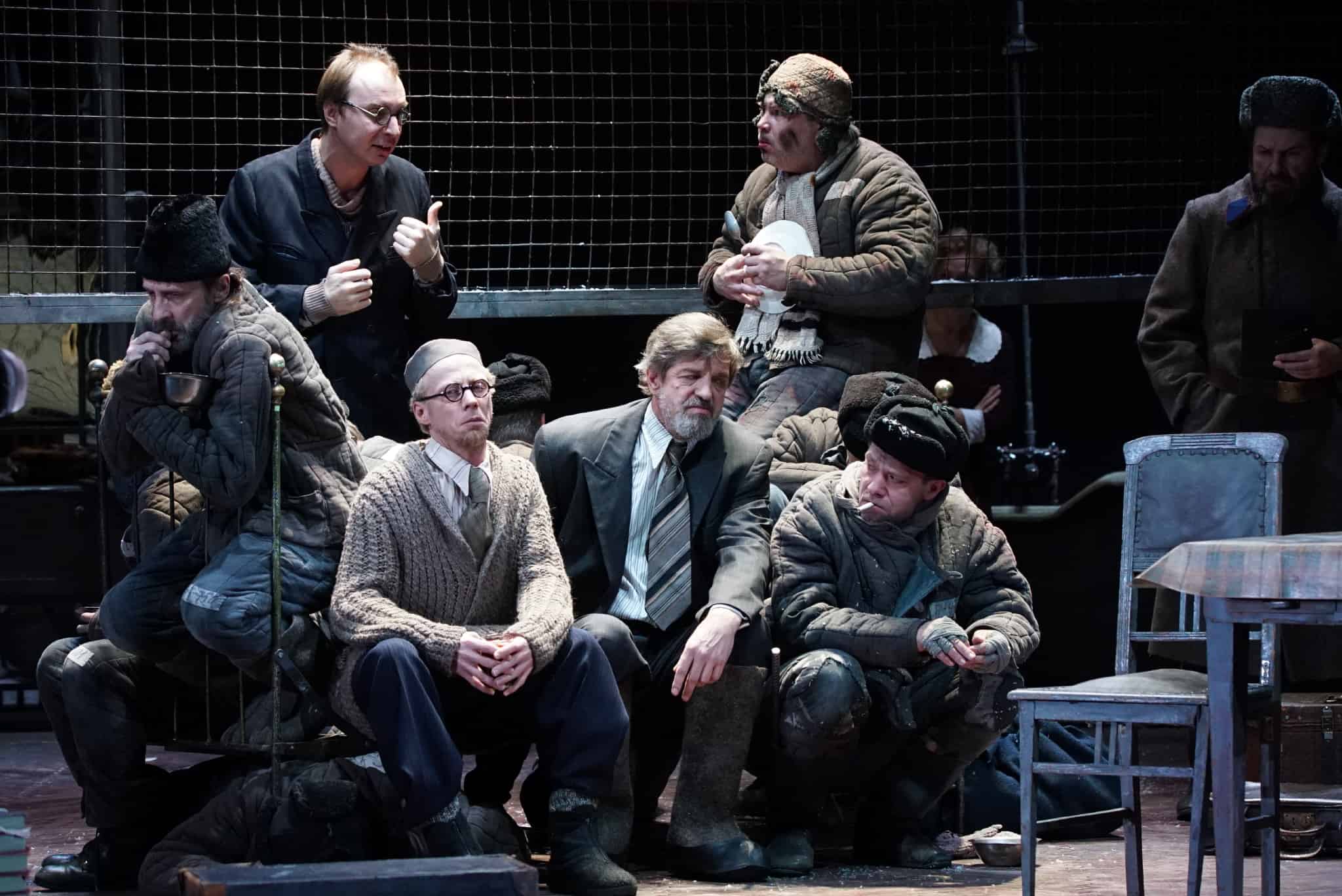
Dodin creates on stage the space of a human soul and consciousness, easily connecting people being in various countries and circumstances, in different time frames… This is the highest level of directing when you experience goose pimples because of the contradictory feelings and thoughts evoked by the performance, when the director talks to us about human existence in this world and his understanding of man and God.
The most moving parts of the whole play is Strum’s mother’s (Tatyana Shestakova) letters to him written in the concentration camp. Her letters to her son are full of endless and unconditional love. Her words at the end “Live, live, live forever. Mama” sound like the Virgin Mary’s call to the whole of humanity to reflect and understand that we are all God’s children created not to hate but to love.
Invalid slider ID or alias.
SUBSCRIBE
Receive our digest once a week with quality Russian events and articles
